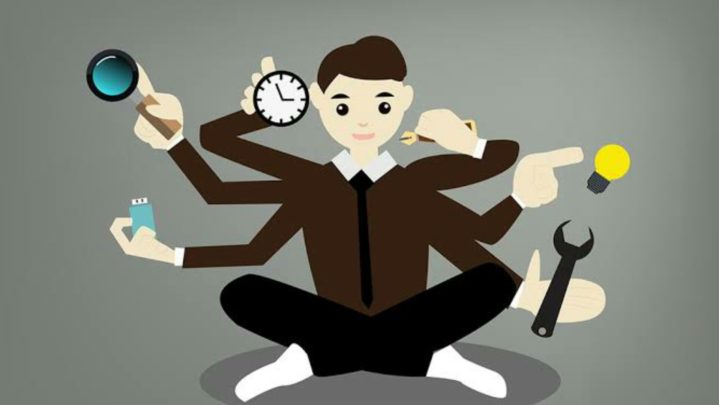Multitasking affects the quality of your work
Overall, multitasking leads to frustration with incomplete tasks, and at the end of the day, it affects a person’s overall performance. In other words, it affects a person’s quality of work and personal ability. In addition, according to the University of Illinois in Chicago, multitasking can interfere with your work and creative thinking abilities.
Multitasking Can Increase Stress
Multitasking is inefficient and detrimental to your quality of work, it is also stressful. Because when you are doing many tasks at the same time, your brain is constantly switching between tasks. This increases the likelihood of mistakes and errors in the workplace and can lead to high levels of stress and anxiety. And when you are worried, you can lose your concentration and even calm down, leading to a constant state of stress and anxiety.
Multitasking reduces our productivity
In general, people think that multitasking can increase their productivity. But the reality looks different! Simple tasks can fail because they are distracting, difficult to focus on, affect normal work speed, and affect the quality of the work at hand. In fact, a quick switch from one to another can be ineffective and affect your mood and motivation.
Multitasking loses focus
When you try to multitask, you lose creativity and innovation because you can’t concentrate on one that’s long enough to come up with something original. Continued multitasking exercises can affect your ability to concentrate, as regular practice causes your brain to shut down quickly. It can be challenging to focus on something slowly and gradually, which can reduce the performance of your daily activities.
Multitasking causes memory problems
It can also cause people to forget to prioritize their work, which can cause delays later. To give a simple example, if you have many windows open on your computer, it will slow down your entire system. The same thing happens when a person continuously multitasks.





